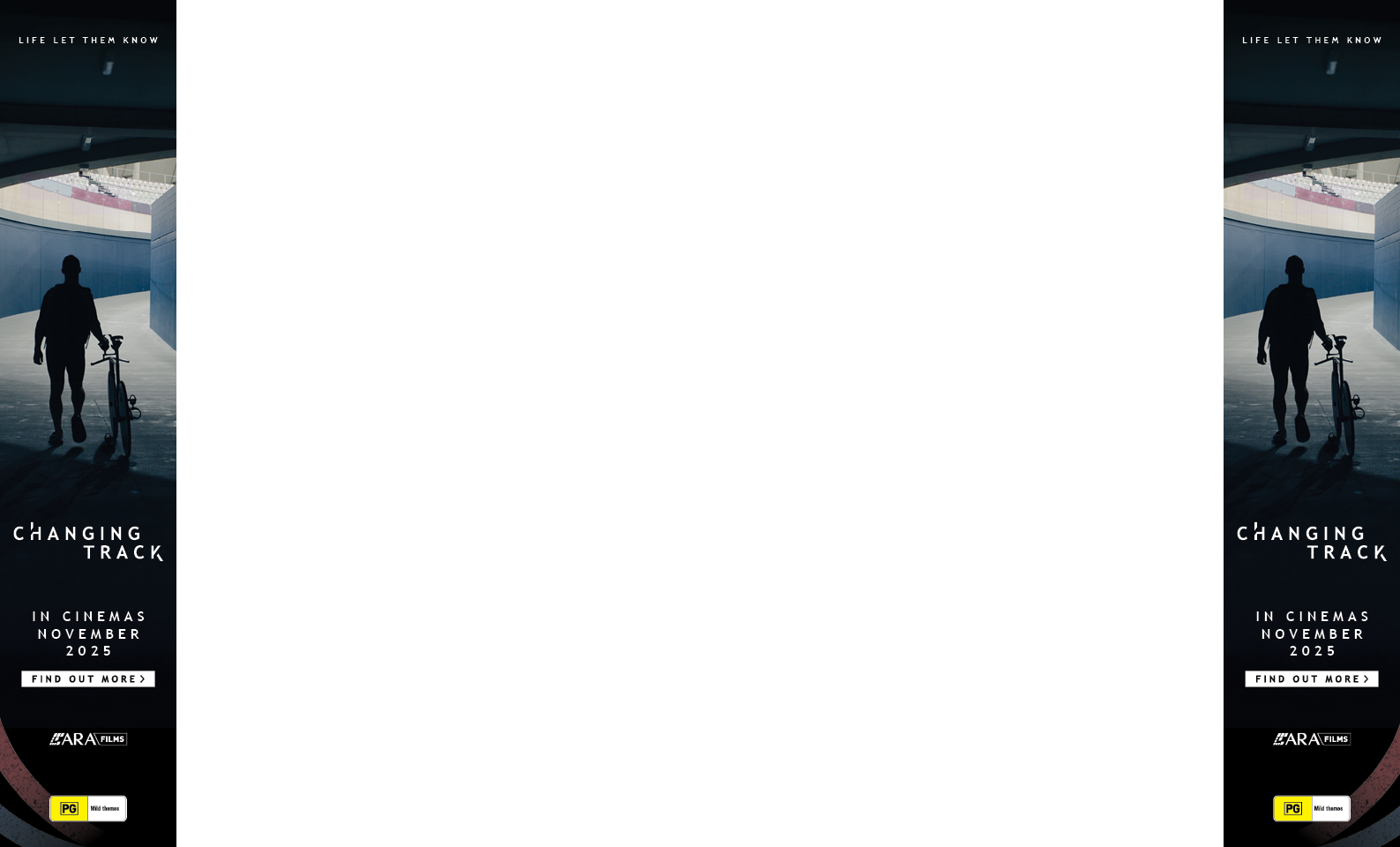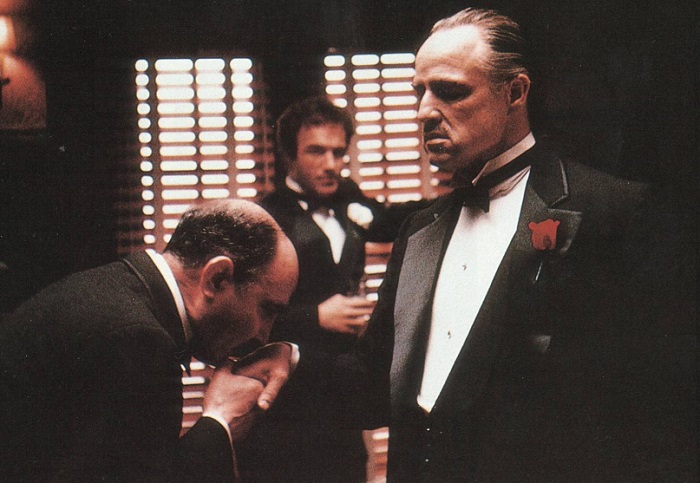by Samuel Cook
Few films in cinematic history carry the enduring reputation and influence of The Godfather. Released in 1972 and directed by Francis Ford Coppola, this adaptation of Mario Puzo’s novel did not just tell a story—it defined an era of filmmaking. Decades later, The Godfather remains a cornerstone of world cinema, admired by critics, filmmakers, and audiences alike. But what exactly makes this movie iconic? From its groundbreaking storytelling to unforgettable performances, The Godfather holds a legacy that transcends generations.

In this article, we’ll dive into the reasons why The Godfather is celebrated as one of the greatest films of all time. Meanwhile if you want to dive into Pusoy action, don’t miss out GameZone.
1. A Rich, Multi-Layered Story
At its core, The Godfather is more than just a mafia drama. It is a layered exploration of family, power, loyalty, and corruption. The story follows the Corleone family, led by Don Vito Corleone, and later transitions to his son Michael Corleone as he reluctantly takes on the mantle of leadership.
What makes the narrative timeless is its universal themes. While rooted in the Italian-American mafia world, the struggles within the film—balancing family values with ambition, grappling with morality, and the burden of leadership—resonate with anyone. The rise of Michael from war hero to ruthless mafia boss illustrates the corrupting nature of power and the loss of innocence. This depth elevates The Godfather far beyond a crime story into a meditation on human ambition and morality.
2. Unforgettable Performances
Another key reason for its iconic status lies in the performances. Marlon Brando’s portrayal of Don Vito Corleone is legendary. His raspy voice, subtle gestures, and commanding presence gave life to one of the most memorable characters in film history. The performance won him the Academy Award for Best Actor, further cementing the character’s place in pop culture.
Al Pacino’s performance as Michael Corleone is equally significant. Pacino’s slow transformation from reluctant outsider to cold-blooded mafia leader is one of the most nuanced character arcs in cinema. Supporting roles by James Caan, Robert Duvall, and Diane Keaton also contribute to the ensemble strength, making each character memorable and distinct.
3. Coppola’s Vision and Direction
Francis Ford Coppola’s direction transformed The Godfather into more than just another Hollywood gangster film. Coppola insisted on authenticity, from casting choices to the film’s visual tone. He captured the world of organised crime with a balance of grit and elegance, ensuring that the film never glorified violence but instead showcased its tragic consequences.
His mastery is especially visible in the pacing. At nearly three hours long, the film never feels slow. Each scene adds to the tapestry of the story, building suspense and deepening character arcs. Coppola’s ability to combine artistic vision with compelling storytelling is a big reason why The Godfather remains iconic.
4. Cinematography and Visual Style
Cinematographer Gordon Willis, often referred to as the “Prince of Darkness,” brought a distinct visual style to The Godfather. The use of shadows, warm golden tones, and low-key lighting created an atmosphere of mystery and gravitas. This visual approach mirrored the moral ambiguity of the characters, enhancing the film’s themes.
Key scenes, such as the wedding opening sequence or the famous baptism assassination montage, showcase Willis’s brilliance. His cinematography gave the film a timeless look, one that continues to inspire filmmakers today.
5. A Soundtrack That Defines a Genre
Nino Rota’s haunting score is as much a character in the film as the Corleone family itself. The melancholy trumpet theme has become synonymous with mafia films and is instantly recognisable to audiences worldwide. Music in The Godfather enhances the emotional weight of the story—romantic in one moment, ominous in the next.
The score’s power lies in its simplicity, yet it lingers in the minds of viewers long after the film ends. This iconic music further solidifies the film’s place in cultural history.
6. Cultural Impact and Influence
The Godfather did not just succeed at the box office; it reshaped how audiences and critics viewed gangster films. Before its release, mob films were often B-movies with little artistic recognition. Coppola’s masterpiece elevated the genre, turning it into a vehicle for exploring deeper societal and moral themes.
The film also influenced countless directors and writers. Shows like The Sopranos and movies like Goodfellas and Scarface owe a debt to The Godfather. Its quotes—such as “I’m gonna make him an offer he can’t refuse”—have entered everyday conversation, proving its cultural reach.
7. Awards and Recognition
The film’s accolades further highlight its impact. The Godfather won three Academy Awards, including Best Picture, Best Actor (Brando), and Best Adapted Screenplay. It also received multiple Golden Globe awards and continues to appear at the top of “greatest movies” lists by critics and organisations worldwide.
The recognition wasn’t just about awards—it was about redefining standards for filmmaking. It set a new benchmark for narrative, performance, and artistry.
8. Themes That Resonate Across Generations
One reason why The Godfather remains relevant decades later is its timeless themes. Power struggles, family loyalty, ambition, betrayal, and the moral compromises people make in pursuit of success are universal. The immigrant experience depicted in the film also resonates, showing the challenges of assimilation and the pursuit of the American Dream.
Because these themes remain relevant, new generations continue to find meaning in The Godfather. Whether you’re watching it in the 1970s or today, the story feels both familiar and profound.
9. The Franchise Legacy
While the original film stands strongest, The Godfather Part II further elevated the saga, becoming one of the few sequels to rival and even surpass the original. Together, the first two films form one of the greatest cinematic duologies in history.
Although The Godfather Part III received mixed reviews, the trilogy as a whole remains iconic, with the Corleone saga forming a cornerstone of global pop culture.
Conclusion: A Cinematic Masterpiece That Stands the Test of Time
The Godfather is not just a film—it is a cultural touchstone, an artistic achievement, and a storytelling triumph. Its combination of brilliant performances, Coppola’s visionary direction, stunning cinematography, iconic music, and universal themes ensures its place in history as one of the greatest films ever made.
More than 50 years after its release, The Godfather continues to captivate audiences, inspire filmmakers, and spark conversations. Its influence stretches beyond cinema into literature, television, and even everyday language.
That is why The Godfather is not just a movie—it is an enduring work of art that defines what it means to be truly iconic.




